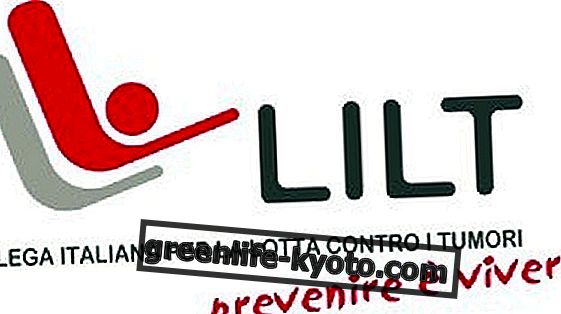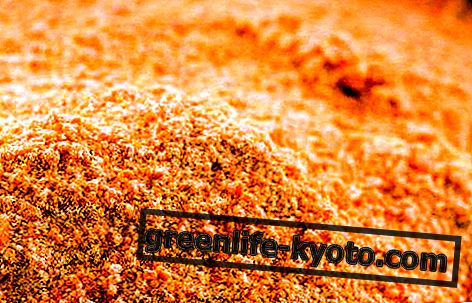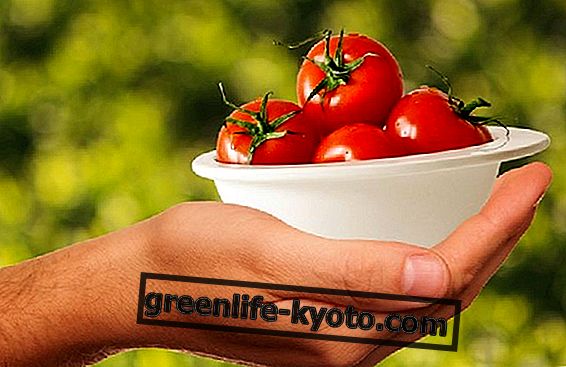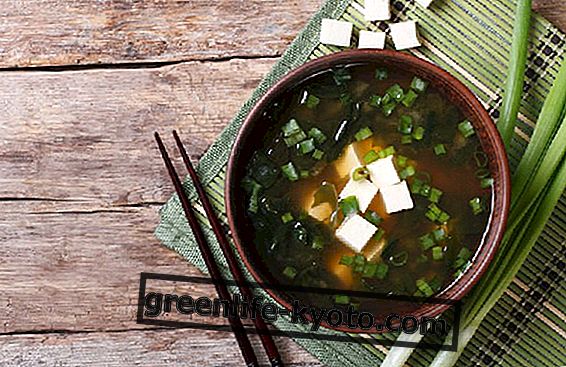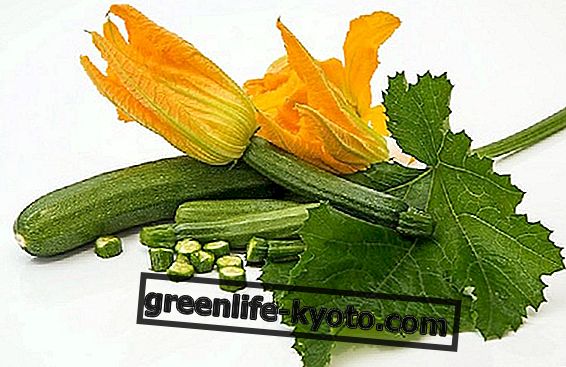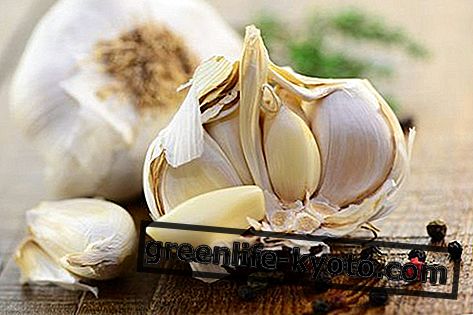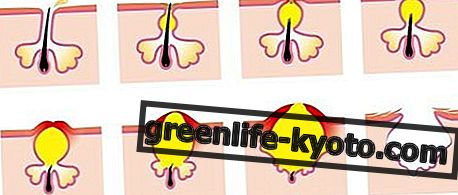
The term holism comes from the Greek όλος, olos, which stands for " totality ". Holism in medicine represents a state of "global" health, the union of mind, body, environment and society.
The search for health is oriented to the person and not to the disease, to the cause and not to the symptom, to the system and not to the organ, to the rebalancing instead of to the cure, stimulating the natural self-healing process of the body. But what is a holistic approach?
The holistic approach and healing
A holistic approach establishes the need to intervene on a person through different parallel plans, but with a single purpose: a real and totalizing state of well-being. There are three access routes that lead to this goal: the body, the mind and the spirit.
The holistic approach is aimed at achieving the individual's well-being. To do this it is important to fully understand the motivation of the illness to be able to eradicate the roots of evil in every form, mental or physical.
To do this, different techniques are used, which do not exclude the dimension of creativity and participation, both of the subject and his body. Yes, because the body's natural ability to push itself towards self-healing is fundamental in the holistic approach. Almost always, the holistic approach is limited to providing the subject with the necessary settings to regain his innate healing abilities.
The holistic approach and traditional methodologies
A holistic approach should not be seen as exclusive and far from the intervention methods of traditional or "scientific" medicine. First of all, because the holistic approach is not finely therapeutic, that is, it is not limited to healing. There is also an important dimension of prevention and an equally important component of conservation and improvement of health status.
Often, traditional medicine, while exporting the physical component of the disease, neglects the "metaphysical" component of discomfort. Since instead holism in medicine represents a state of "global" health, the union of mind, body, environment and society, the search for health is oriented to the person and not to the disease, to the cause and not to the symptom, to the system and not to the organ, and to balance rather than to cure. Likewise, however, the holistic consultant, in the event of illness requiring the help of a doctor, cannot limit himself to his work, but must urge the patient to carry out the necessary checks.
Another doubt is that of belonging . Whoever is not a practitioner of alternative medicine and holistic therapies, often considers these methods as circumscribed to a mystic / religious circle of beliefs and faiths. In reality, the holistic approach is for everyone . We all need to relax, as we all experience difficulties. Whether or not we practice meditation, there is no doubt that anyone wants to feel good about their body and mind, regardless of cultural, religious and social orientations.
We must not think only of physical appearance. A holistic approach is therefore ideal for those who want to abandon old habits and vices, motivate themselves to change and overcome a difficult moment. From a purely social point of view, the holistic approach allows the subject to learn to manage relationships with other people, to improve their self-esteem and to reach set goals. This can be achieved even with proper breathing .
If you want to explore other more "high" frontiers, the holistic approach can allow you to find harmony and inner peace and to explore new frontiers of your spirituality .
